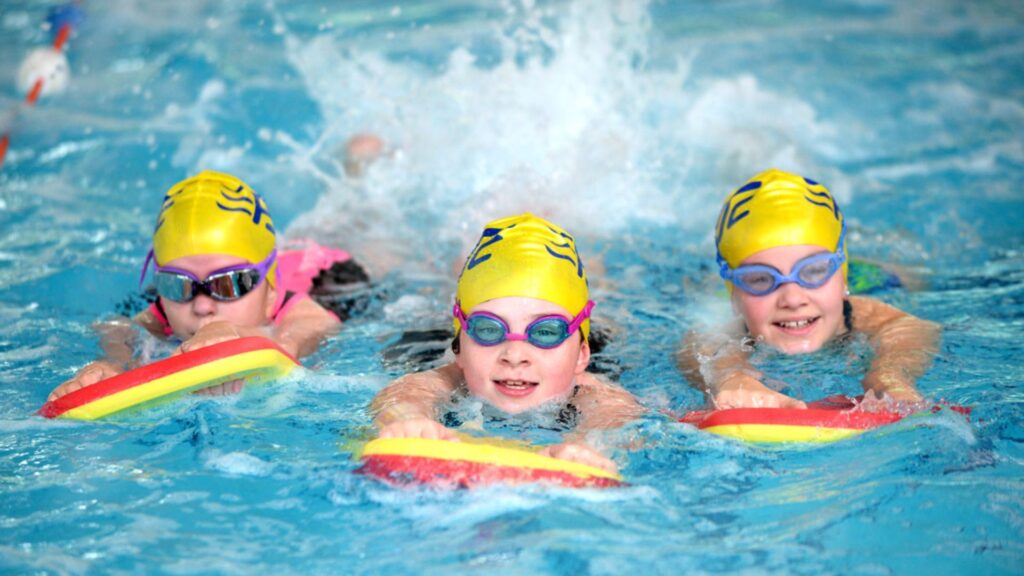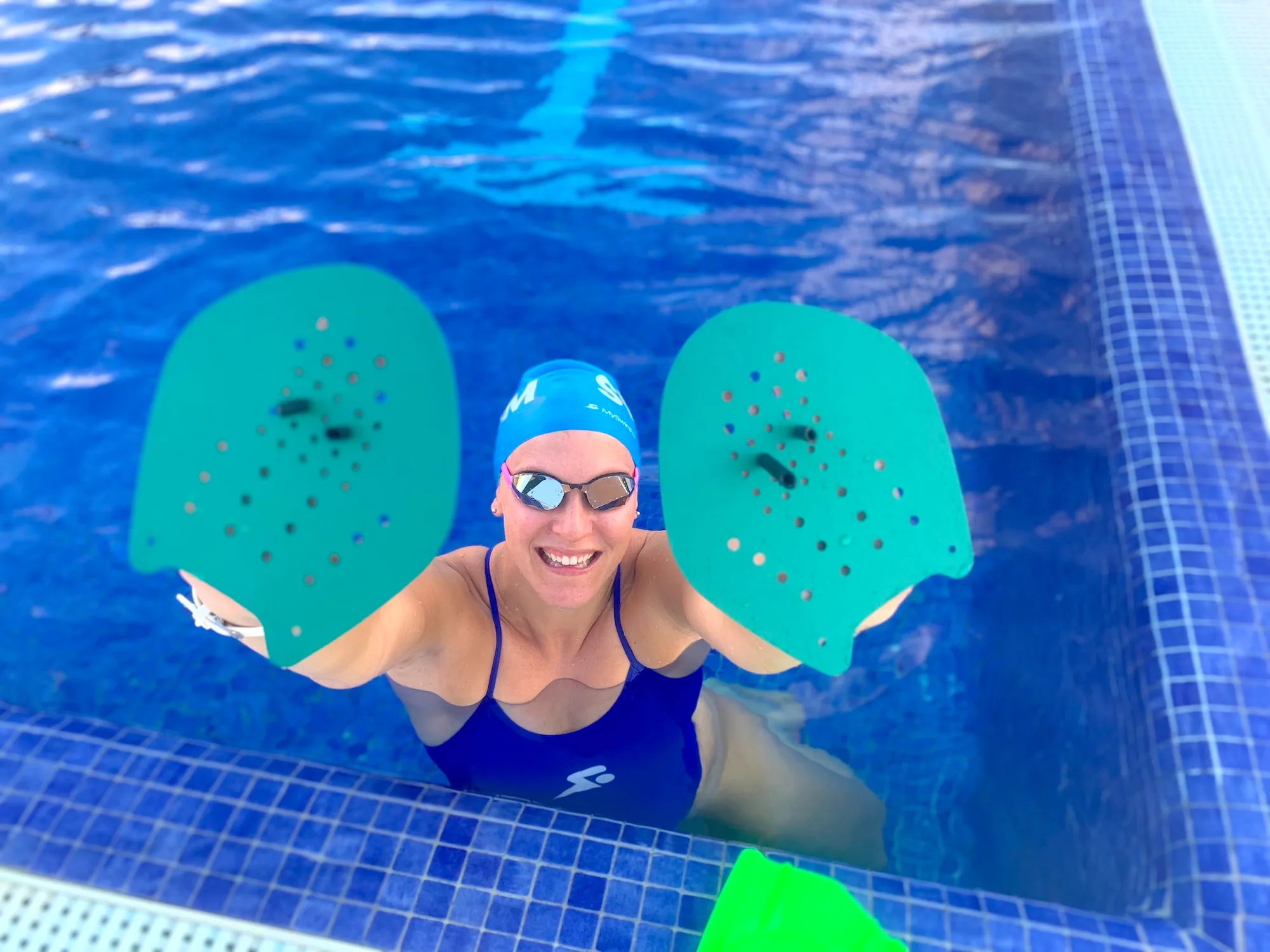Supporting your child in a swimming club involves more than just taking them to practice. It requires a balanced approach that nurtures their love for the sport, encourages their progress, and ensures their well-being. Here are some tips to help you support your child effectively:

Show Genuine Interest
Whenever possible, attend your child’s swimming practices and meets. Your presence shows support and allows you to better understand their training regimen and progress.
Educate yourself about swimming techniques, rules, and competitive aspects. This knowledge helps you appreciate your child’s efforts and provides a basis for meaningful conversations about their experiences.
Encourage Without Pressuring
Praise your child for their effort, dedication, and improvements rather than solely focusing on winning or achieving certain times. This approach fosters a positive mindset and resilience.
Help your child set achievable goals based on their current skill level and progress. Avoid imposing unrealistic expectations that can lead to stress and burnout.
Provide Practical Support
Provide balanced meals that fuel your child’s training and recovery. Emphasize the importance of hydration, especially before and after practices and meets.
Help with the logistics of swimming club participation, such as transportation, packing swim gear, and ensuring they have the necessary equipment like goggles, swim caps, and appropriate swimsuits.
Promote a Balanced Lifestyle
Ensure your child gets adequate sleep and rest. Overtraining can lead to fatigue and injuries, so emphasize the importance of recovery time.
Support your child in balancing swimming with school, family time, and other interests. A well-rounded lifestyle prevents burnout and promotes overall well-being.
Foster a Positive Attitude
Demonstrate good sportsmanship by respecting coaches, officials, and other swimmers. Encourage your child to display the same behavior, win or lose.
Help your child navigate setbacks and disappointments by focusing on what they can learn from the experience. Emphasize resilience and the value of persistence.
Communicate Effectively
Maintain open and honest communication with your child about their swimming experiences, goals, and any concerns they may have. Listen actively and provide support without judgment.
Build a positive relationship with your child’s coaches. Regularly communicate about your child’s progress, any issues, and how you can support their development at home.
Support Mental and Emotional Health
Be aware of signs of stress or anxiety related to swimming. Provide emotional support and, if necessary, seek professional help to ensure your child’s mental health is addressed.
Ensure that your child enjoys swimming and isn’t participating solely to meet your expectations. A love for the sport is crucial for long-term involvement and success.
Celebrate Milestones and Achievements
Celebrate your child’s milestones and achievements, big or small. Positive reinforcement boosts their confidence and motivation.
Make a big deal out of significant achievements, such as personal bests or major competition wins. This can be through small celebrations, special treats, or simply expressing your pride and joy.
Be Patient and Understanding
Understand that each child develops at their own pace. Patience and consistent support are key to helping your child reach their full potential in their own time.
Respect your child’s choices regarding their involvement in swimming. If they express a desire to take a break or try a different activity, support their decision while discussing the reasons behind it.
Conclusion
Supporting your child in a swimming club involves a blend of practical assistance, emotional support, and fostering a positive attitude towards the sport. By showing genuine interest, encouraging effort, promoting a balanced lifestyle, and maintaining open communication, you can help your child thrive in their swimming journey. Remember, your support plays a crucial role in their enjoyment and success in the sport.



